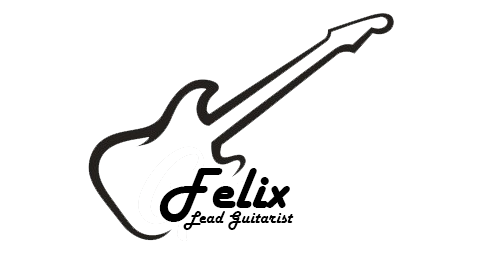The seven musical modes
The seven musical modes are Ionian, Dorian, Phrygian, Lydian, Mixolydian, Aeolian, and Locrian These modes are...
Chord Construction
Chord construction formulas are a shorthand way to describe the notes that make up a...
Altered Scale
Altered Scale An altered scale is a musical scale that’s a variation of the major...
